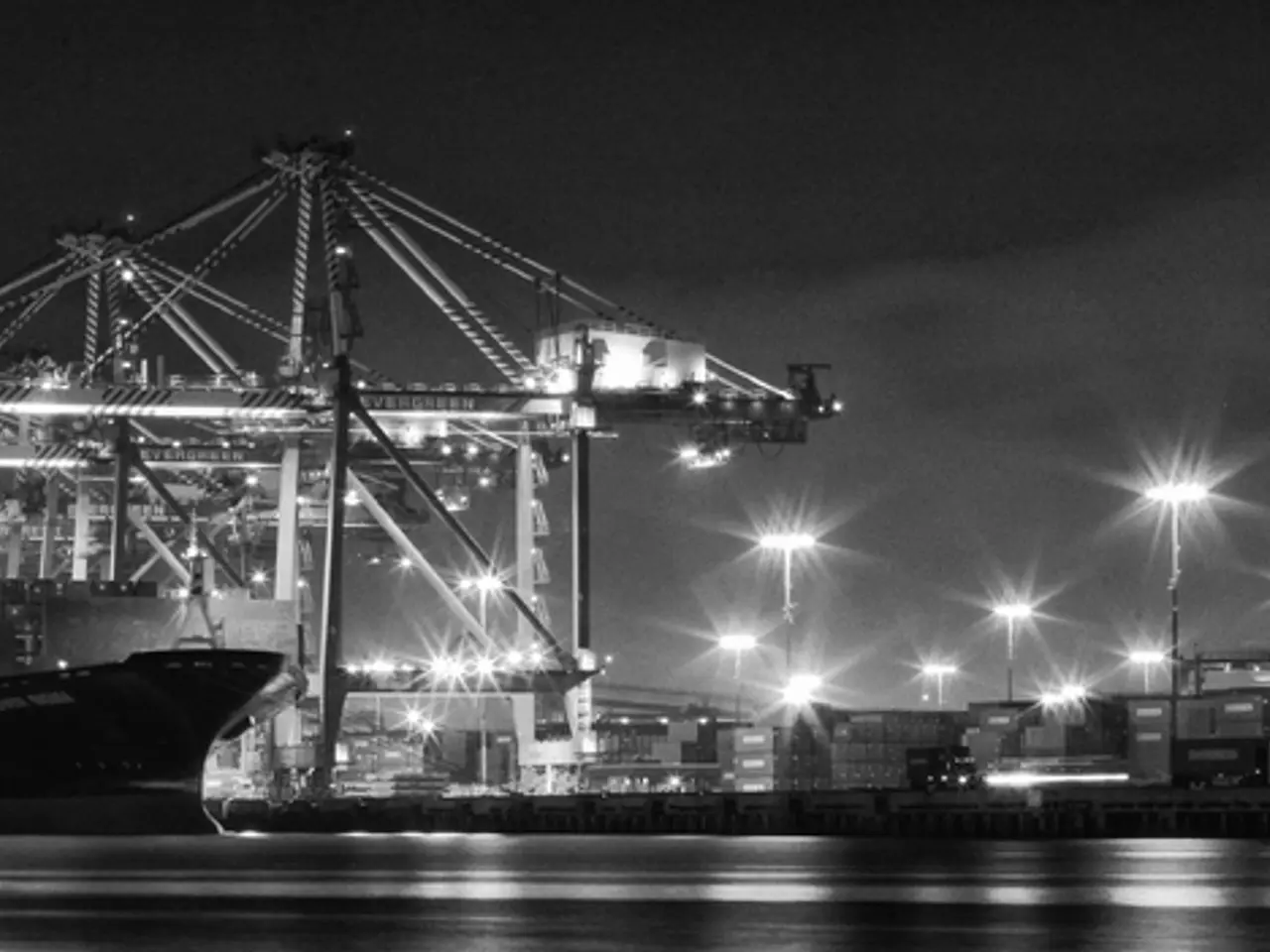U.S. Tariff Hike Clogs Pyeongtaek Port with Steel Products
A significant shift in U.S. trade policy has led to a surge in steel products at Pyeongtaek Port in South Korea. Since August 2025, the U.S. has increased tariffs on 407 derivative steel and aluminum products by 50 percent for most countries, causing a backlog of goods at the port.
The U.S. tariff hike, which excludes the United Kingdom, has impacted a wide range of steel and aluminum products. This includes items like stainless steel, aluminum bars, and various alloys. The increased duties have led to a buildup of these products at Pyeongtaek Port, as importers seek alternative markets or wait for clarity on the situation.
The expansion of the 50 percent tariff to cover 407 derivative products is part of the U.S.'s ongoing trade policies, aiming to protect domestic industries and reduce imports.
The U.S. tariff increase has resulted in a significant accumulation of steel products at Pyeongtaek Port. While the U.S. continues to implement protectionist trade policies, other countries may need to adapt their export strategies or face increased competition in alternative markets.
Read also:
- India's Pragmatic Budget: Sitharaman Aims to Revitalise Growth, Alleviate Distress
- Eric Dane Diagnosed with ALS, Advocates for ACT for ALS
- Deepwater Horizon Oil Spill: BP Faces Record-Breaking Settlement - Dubbed 'Largest Environmental Fine Ever Imposed'
- Aragon Energy Sector Unites to Push for RDL 7/2025 Validation







